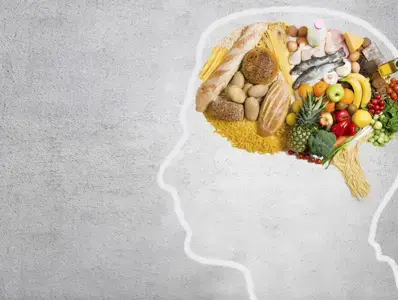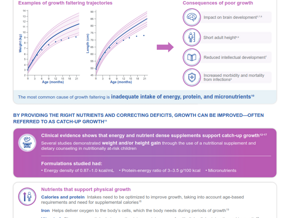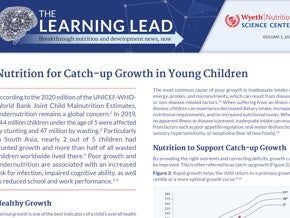
[Guideline Summary] Clinical recommendation - Treatment of psychiatric disorders with nutraceuticals and phytoceuticals
It is concluded that several nutraceuticals and phytoceuticals were given either a supportive recommendation or a provisional recommendation across various psychiatric disorders.
Treatment of unipolar depression
- Across nutraceuticals with Grade A evidence, positive directionality and various levels of support (recommended, provisionally recommended or weakly recommended) was reported for:
- Adjunctive omega-3 fatty acids (+++)
- Vitamin D (+)
- Adjunctive probiotics (++)
- Adjunctive zinc (+)
- Methylfolate (+)
- Adjunctive s-adenosyl methionine (SAMe) (+)
- Phytoceuticals with supporting Grade A evidence and positively directionality are:
- St John’s wort (+++)
- Saffron (++)
- Curcumin (++)
- Lavender (+)
Treatment of bipolar disorder
- Weak support was noted for omega-3 fatty acids (+)
- N-acetyl cysteine (NAC) was not recommended currently (+/-)
Treatment of OCD-related disorders
- NAC was weakly recommended (+)
Treatment of anxiety-related disorder
- No nutraceutical showed adequate evidence in any anxiety-related disorder
- Ashwagandha (++), galphimia (+) and lavender (++) were supported in treating anxiety disorder
Treatment of schizophrenia
- Vitamin D (+), NAC (++) and methylfolate (++) were recommended with various degrees in the treatment of negative symptoms in schizophrenia
- Ginkgo was weakly supported in the adjunctive treatment of negative symptoms of schizophrenia (+)
Treatment of attention deficit hyperactivity disorder (ADHD)
- Micronutrients (+) and vitamin D (+) were weakly recommended
- Omega-3 fatty acids (+/-), omega-9 fatty acids (-), acetyl L carnitine (-) and zinc (+/-) were not supported
Remarks:
(+++) represents ‘Recommended’; (++) represents ‘Provisionally Recommended’; (+) represents ‘Weakly Recommended’; (+/-) represents ‘(Not Currently Recommended)’ and (-) represents ‘Not Recommended’
Link to the full article:
https://www.tandfonline.com/doi/full/10.1080/15622975.2021.2013041
Reference:
Sarris J et al. Clinician guidelines for the treatment of psychiatric disorders with nutraceuticals and phytoceuticals: The World Federation of Societies of Biological Psychiatry (WFSBP) and Canadian Network for Mood and Anxiety Treatments (CANMAT) Taskforce. World J Biol Psychiatry. 2022:1-32.
Other articles that you might be interested in:
Critical connectivity: Assessing and supporting the development of brain and behaviour
WYE-EM-052-APR-22
If you liked this post you may also like



